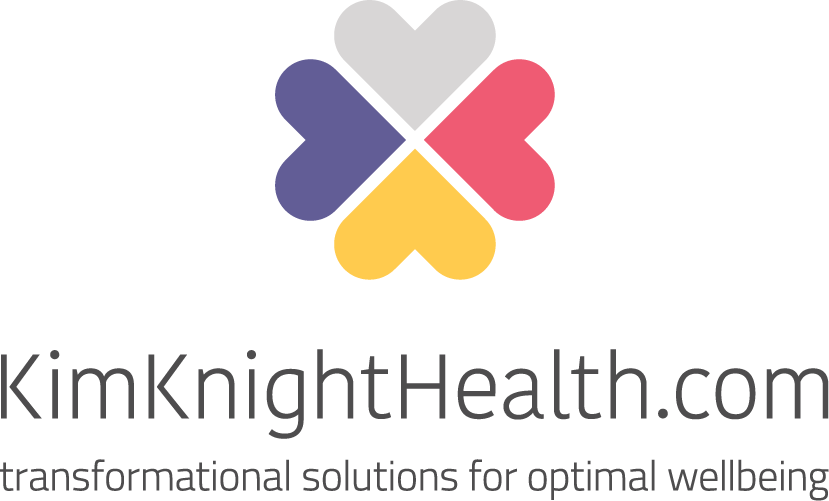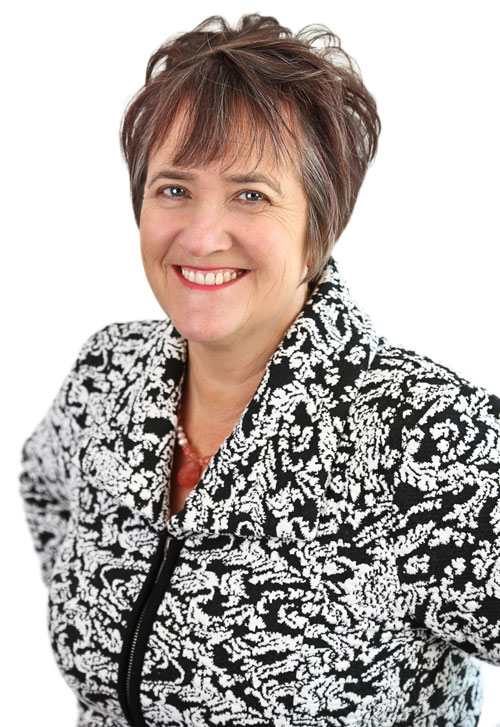“The behaviour of “looking for love” only occurs when we are driven by an unconscious definition of love. Once this charge is integrated, we allow love to come to us as required” (Michael Brown – the Presence Process)
- Do you know what you really believe about love deep inside?
- Do you realize that your unconscious beliefs around love drive what you experience in relationships?
- Would you like to discover your unconscious beliefs around love so that you can experience true unconditional love?
A few months ago I was reading Katherine Woodward Thomas’s book ‘Calling in the One’ and really finally ‘got’ that whatever it is that I am looking for in a partner are qualities I must give myself before I can realistically receive them from the outside. I already knew this at an intellectual level, but finally realized it at a felt-sense level in the body – there’s a big difference.
Michael Brown in his book the Presence Process writes “Our unconscious definition of love is the resonance of the emotional signature we experienced as children whenever we needed to be loved. Consequently, we unconsciously recreate the resonance of this emotional signature whenever we feel the need to be loved”. And how do we do this? By cleverly attracting in a partner who will allow this emotional signature to be activated. So, for example, if we felt neglected as a child, we will attract a partner who neglects us so that we feel neglected. And thus Michael continues “Our unconscious definition of love is evident in the consequences of our attempts at experiencing love”.
So, if you want to know what emotional needs are in need of a top up, write a list of things that you are seeking from others, in particular from that so-called ‘perfect partner’ or ‘knight in shining armour’. That will start to give you some clues as to what is missing inside of you. Your list could include things like support, love, empathy, consideration, kindness…. which scientifically have been dubbed ’emotional needs’.
So why is it that we are seeking these emotional needs? It’s quite simple really. As we grow up, there are certain developmental and emotional needs that must be fulfilled if we are to become a fully functioning, emotionally mature human being. Developmental needs are completed during the first 18 months of life, whilst emotional needs are set up during the first 7 years, and are ongoing for the rest of life.
Examples of developmental needs that infants need to experience are:
- to be seen and unconditionally accepted for who one is
- to be heard, understood and acknowledged
- to be able to express ourselves freely
- to feel loved and cherished unconditionally 24/7
- to feel validated and approved of without condition
So how many people can say they score 10/10 on this? Probably not many! And we can know by what it is we feel is missing inside how much our needs have been met, because throughout life we will continue to strive to have our unmet needs met until we do – simply because they are a need, not a whimsical or selfish desire.
And because most of us have unmet emotional or developmental needs, we constantly seek to have those needs met on the outside, by finding the right partner, job, house, car, friends…. and when the needs are not met we turn to addictive or emotion-numbing habits such as smoking (emotional smokescreen), over-eating (swallowing feelings), drinking or drugs (mind-numbing), workaholism (the more I do the less I feel) etc. And again why do we do all this? Because the bottom-line emotional need for any human being is to feel unconditionally loved.
So, how do we identify our unconscious beliefs around love, in order that we can then transform them? Here are a few questions to ask yourself:
- “What happened or what did I experience when I needed to be loved when I was growing up?”
- “What did I wish for from my parents or caregivers as I was growing up?”
- “What do I still yearn for from my parents / caregivers (even though I am now an adult and even if they have passed on)?”
- “In my relationships, what have been the consequences of my attempts at experiencing love”?
- “What am I left feeling when my intimate relationships end or go sour?
Write down how you feel afterwards when your relationships end, eg, sad, devestated, lonely, abandoned
This will then give you some BIG clues as to what your unmet developmental or emotional needs are. And now that you have that information to hand, you have the power to do something about it. But not by looking outwards again – this time by looking inwards. Now it’s time for the real healing to begin. And how do we do that? With any practice that allows you to integrate any unprocessed or undigested charges that have been stored in your body as a result of not feeling unconditionally loved.
Of course this is not something we do overnight, but thankfully there are some wonderful processes out there to help us do so, with great results which can actually be done in relatively little time compared to the years we have spent not being able to meet our emotional needs.
I am fortunate enough to now be using many of these techniques with clients, allowing them to shift deep unmet emotional needs at their core, which also alters the unconscious beliefs we have set up around love. And then life magically changes, because as we change the inside, the outside changes too to mirror the new beliefs.
Recommended reading:
‘The Flight from Intimacy’ by Barry and Janae Weinhold
‘The Presence Process’ by Michael Brown
‘Human Givens’ by the Human Givens Institute
‘Calling in the One’ by Katherine Woodward Thomas



Comments 4
Lovely piece of writing!!!
Thanks Pat!
I did an online search on “identifying unconscious beliefs”
and found this article asking all the right questions about
what block us from being loved. I thought it very helpful
and concise. What do you think?
which article are you referring to? I can see no article!